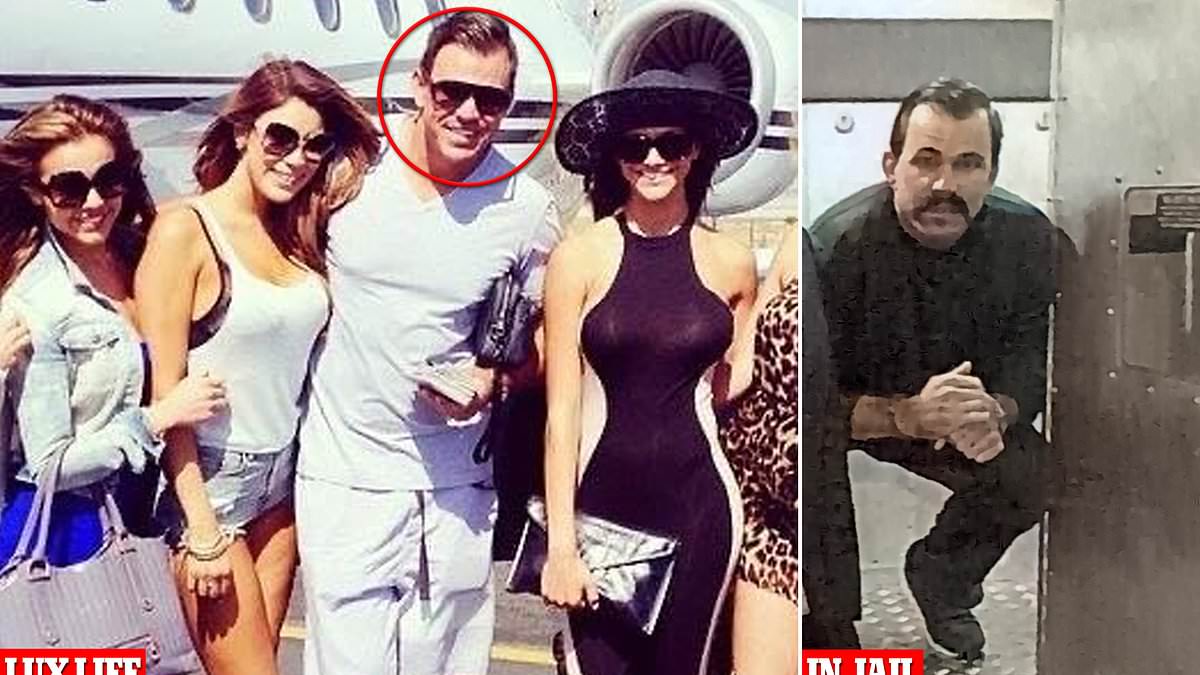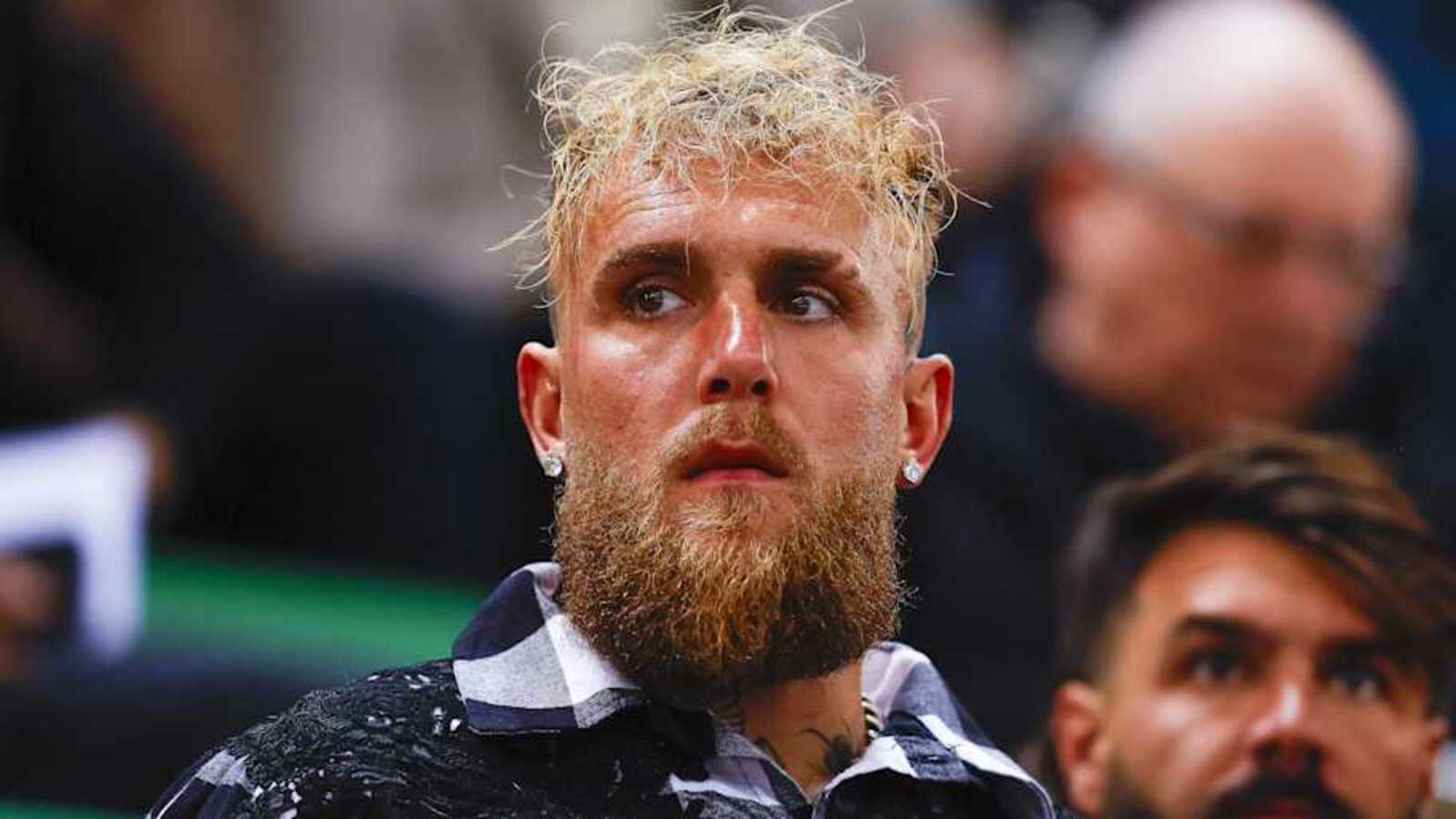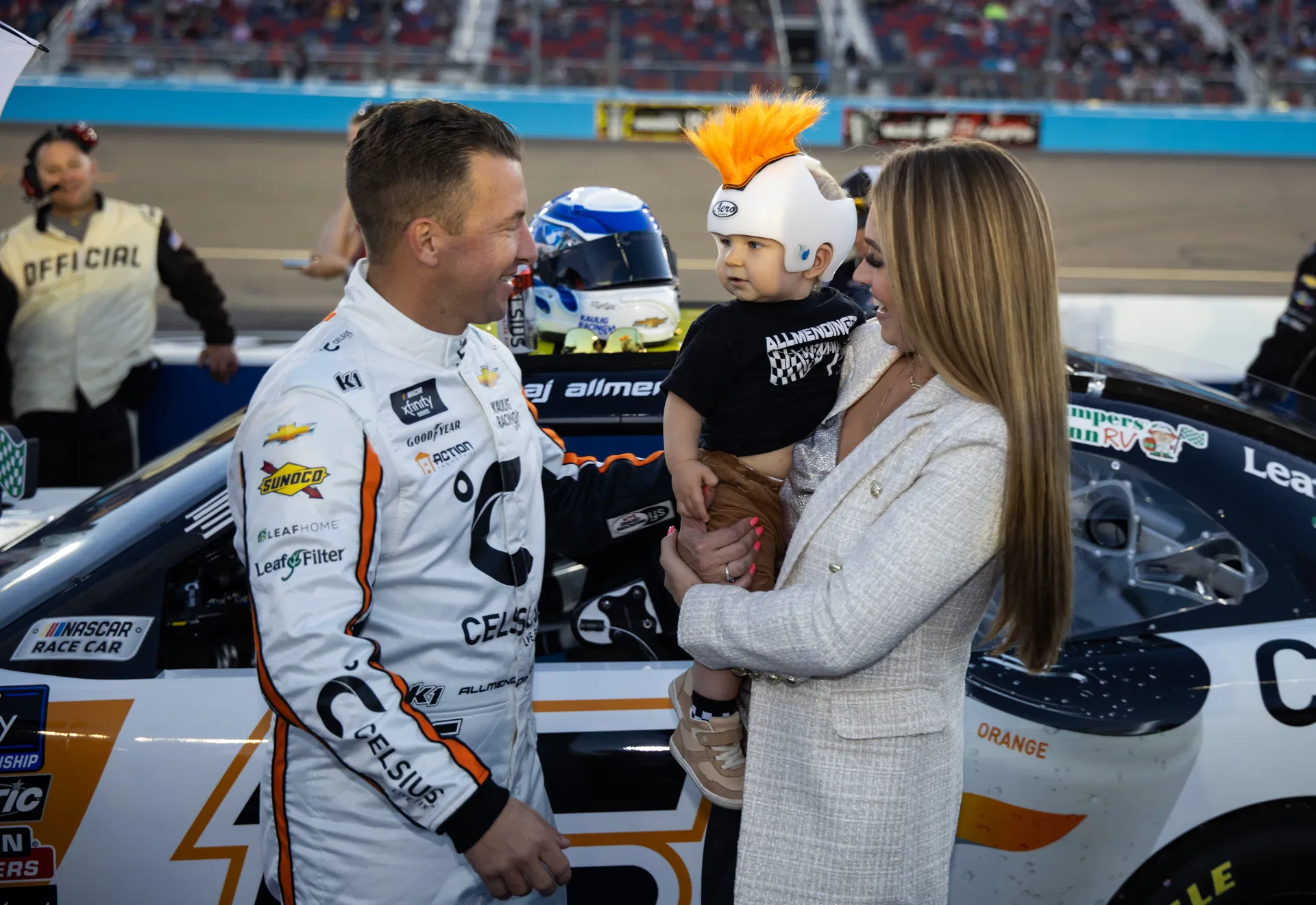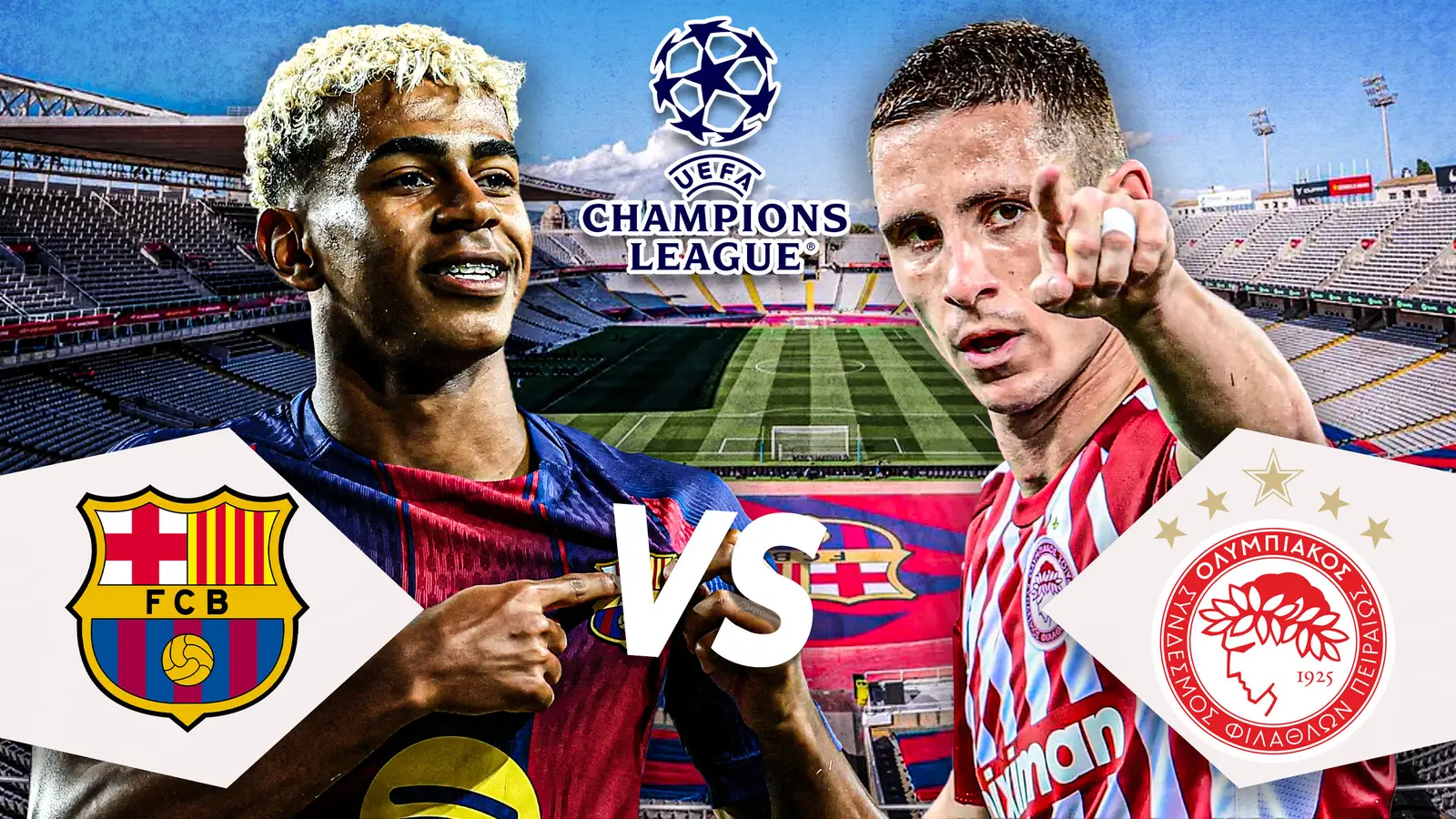Copyright dailymail

He says he was pulling in $2million a day at the height of his drugs empire. Owen Hanson, a former USC football player, had the money, women, fast cars and access to private jets - as well as being surrounded by athletes and celebrities. On campus, he went from making plays to peddling steroids and party drugs, a side hustle that earned him the nickname Dr O'Dog. And by 26, he had built a multimillion-dollar sports-betting operation that sprawled into international drug trafficking and money laundering across the US, Canada and Australia. Then came the cartels, and the crash. In 2015, during what would be his final deal, federal agents arrested him in a sting. He was convicted of international drug trafficking and money laundering and handed 21 years in prison. He was ordered to forfeit $5million in cash and assets, including $100,000 in gold and silver coins, a Porsche Panamera, two Range Rovers, luxury watches, homes in Costa Rica, Peru and Cabo San Lucas and a sailboat. In an exclusive interview with the Daily Mail, Hanson said that when the judge read the sentence, he looked at his father on the verge of tears and thought he had ruined his life. He was young, headed to prison for two decades, and bracing for a separate extradition and another long term in Australia. But a miraculous turn of events meant he was released in March 2024 after serving just ten years behind bars - during which time he came up with a nifty business venture. Hanson told the Daily Mail that a lawyer defending him in Australia on separate drug charges was ultimately found to be corrupt. The 43-year-old's remarkable story is featured in a three-part true crime docuseries on Prime Video, Cocaine Quarterback: Signal-Caller for the Cartel. Mark Wahlberg's production company, Unrealistic Ideas, was behind the project. In his interview with the Daily Mail, he revealed how prison and his homemade protein ice creams - mixed together in a jail mop bucket - saved his life. The high life as he knew it had come to a crashing halt, and his future was looking as bleak as he could have imagined. Hanson told the Daily Mail: 'As the judge sentenced me to 21 years, I was just devastated. I saw my dad, my best friend, you know, ready to cry. I was like, I just ruined my life. You know, it's over.' 'I'm this young kid, and I'm going to prison for the next two decades, and Australia is going to extradite me to do another term, another 25 years.' However, his sentence was reduced in 2023 in what were deemed 'extraordinary and compelling' circumstances connected to corruption allegations against his Australian lawyer. In March 2024, he was transferred to a halfway house in Long Beach, California. Fourteen months later, on June 25, Hanson moved into a warehouse where he houses his ice cream company. He will be under supervised parole for the next ten years. Hanson shared how he came up with his new hustle, which he explained 'happened by accident' while he was making his daily protein shakes in prison. The concoctions included peanut butter, bananas, milk, and ice that were made in mop buckets. One day, when he ran out of ice, he threw rock salt into the bucket. It changed the consistency of the shake, turning it into ice cream. California Ice Protein (bars) was born. He said he started selling the item to his fellow inmates and turning a profit. The protein bars, he said, are sold in stores nationwide. When he isn't peddling his new product, he collaborates with law enforcement to educate them on how these criminal enterprises operate. 'Prison was the best thing for me. It saved my life,' he said. 'The cartel, for sure, would have killed me eventually, and if I didn't let them kill me, I am sure I would have overdosed on something.' Hanson earned his Master's in business administration while behind bars. He kept himself occupied by going to the gym - two hours in the morning, two hours at night - studying for his MBA, and launching his business. Hanson, a high school volleyball star, earned a scholarship to the exclusive University of Southern California. When he was cut from the team, he said he was 'devastated.' The coach told him he had to work on his shoulder strength and vertical jump. The feelings of rejection brought him back to when he was eight years old, when his parents divorced, and his mother left, taking his sister. He stayed behind with his father. When he went back home to Redondo Beach on a break from school, he came up with a plan to get back on the team. 'I was so determined to have that family back and that bond I had, I went down to the Tijuana border and got performance-enhancing drugs,' he said. He recalled the rush he got when he got through customs, with the illegal drugs strapped to his privates. 'I remember coming across a customs agent asking me if I was bringing anything back. I said,' 'No, I'm not bringing anything back, sir.'' Hanson wasn't only selling the performance-enhancing drugs, he was also taking them. People around him said he looked 'jacked,' and urged him to try out for the football team, even though he had never played. Out of 50 players who tried out, he got picked and his football career took off. 'I played with Heisman Trophy winners Matt Leinart and Reggie Bush. And I was part of the dynasty,' he said. Hanson referred to some members of the team and his friends as his 'new brothers', and he soon got the Dr O'Dog nickname after word got out that he was a black market concierge. 'They (his friends) would say, 'Hey, how can I get some size on me? How can I lose some weight? How can I stay up for a test? How can I fall asleep after staying up too late?'' Hanson figured out his illicit side hustle was the way best way to make sure he could keep driving fancy cars, like many teammates who got money from their families. 'I'm bringing performance-enhancing drugs for my teammates. I'm bringing Adderall for my fraternity brothers who need to study for a test. I'm bringing Xanax for them to sleep. I'm bringing ecstasy pills and cocaine.' He got so busy that he said he was traveling to the Tijuana border almost every week, and making enormous profits. 'I'm making a thousand percent markup, I'm buying a bottle of steroids for $30 and selling it for $300, or I'm purchasing an Adderall pill for a dollar and selling it for $10, so I'm like, is this my niche?' He told himself he would stop after he graduated, but he never did. Out of college, he got a job as a project engineer for a large commercial real estate developer in California. He was earning a good salary and was excited about his career prospects. But then the recession hit around 2007, and his company let him go. It was a blow for Hanson since many of his friends were signing multimillion-dollar deals in the NFL, and he was trying to figure out his next move. 'I was like, How can I keep up with the Joneses? How can I keep up with all my friends in the NFL?' He leveraged his knowledge of sports and the athletes he knew to make a new career move as a bookie. He started working for a well-known guy in the industry. Eventually, Hanson said all of his customers began gambling with him. He was so successful that he expanded internationally and established an office in Costa Rica. Things were happening fast. One of his agents introduced him to an 'uncle' who was from Mexico and was from the cartel. Hanson became one of his soldiers. He was traveling on private planes and taking care of business while in Australia until things got murky. Eventually, it all caught up with him after someone he did business with, and who lost $2.5million of his laundered money gambling, became an FBI informant, which led to his arrest. Trying to get his life back, he said, 'You know everything happens for a reason. It had to happen, otherwise I would be dead.



